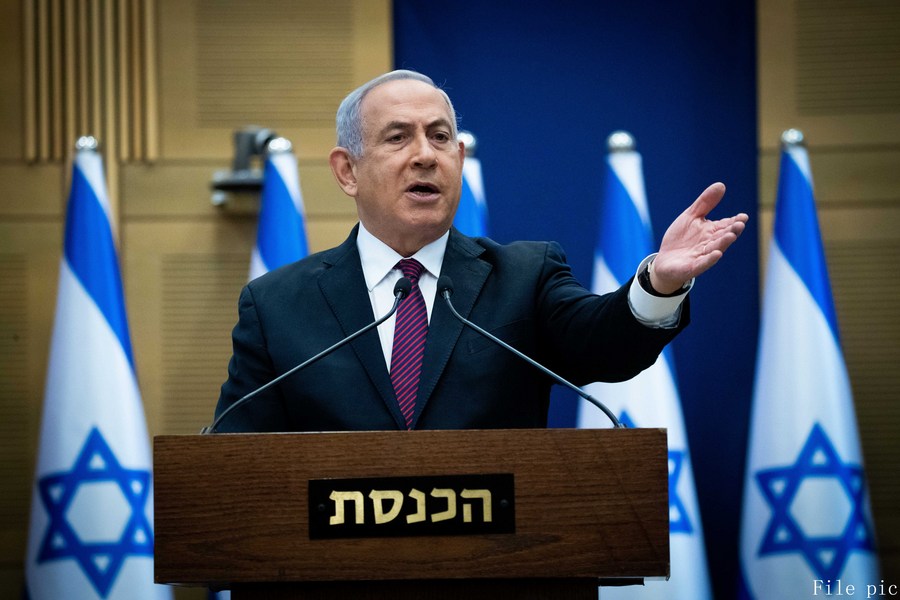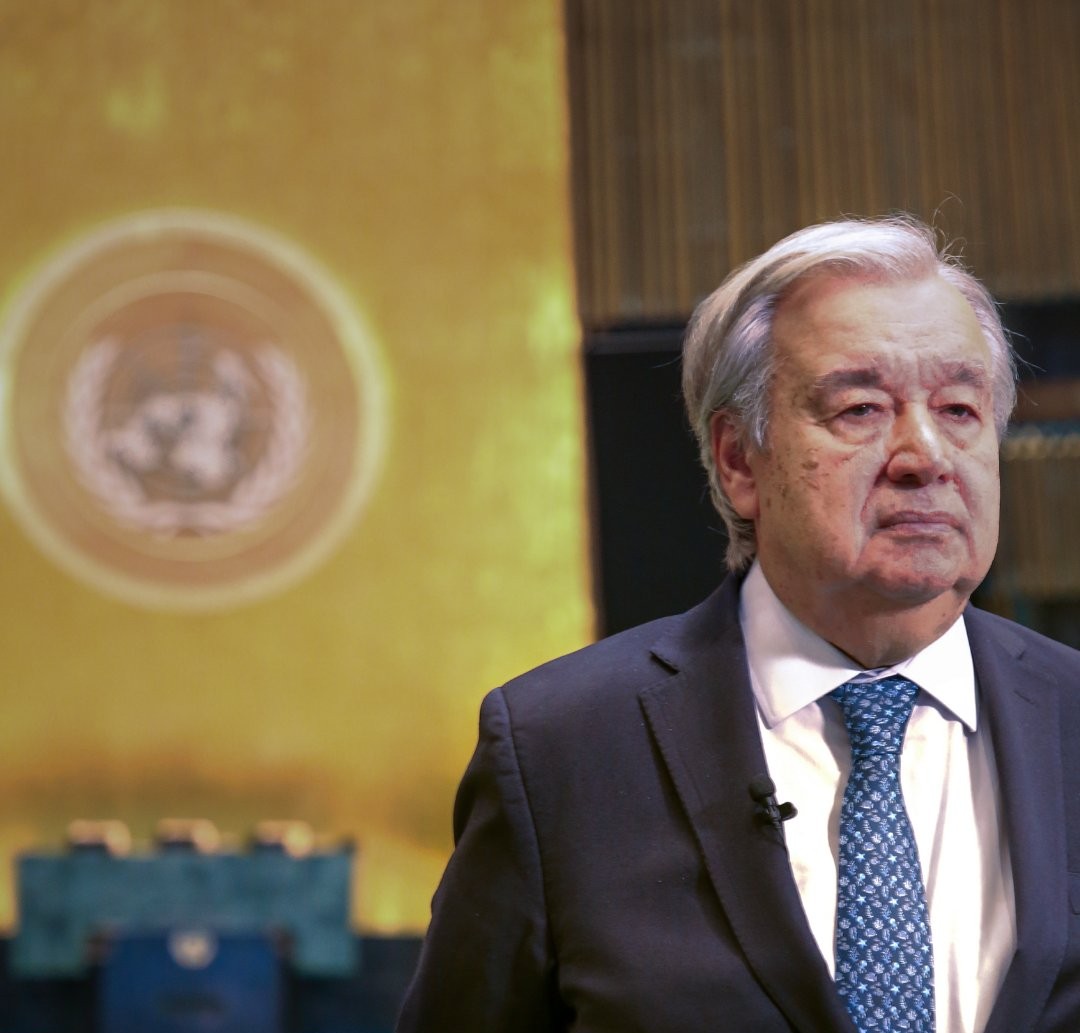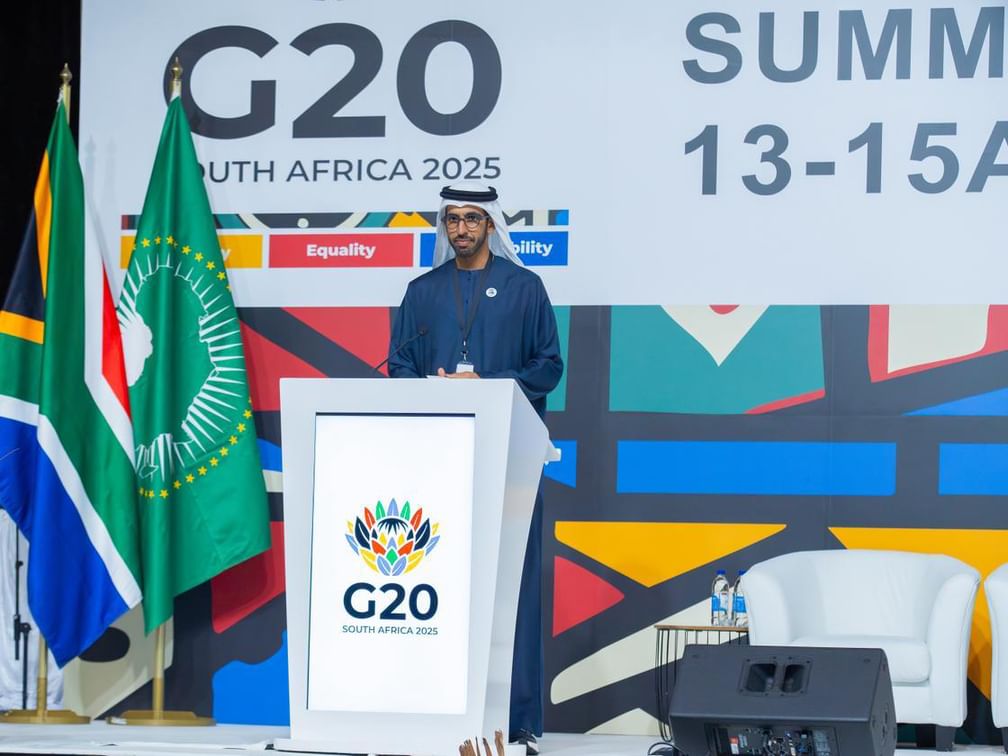The Arab League has called the remarks a direct assault on the sovereignty of Arab states and a grave threat to security and stability across the Middle East….reports Asian Lite News
The Arab League has issued a strong condemnation of statements made by Israeli Prime Minister Benjamin Netanyahu regarding the annexation of parts of sovereign Arab territories to form what he termed “Greater Israel.” The regional bloc called the remarks a direct assault on the sovereignty of Arab states and a grave threat to security and stability across the Middle East.
In a statement released Tuesday, the League warned that such rhetoric posed a serious danger to collective Arab national security and constituted a flagrant violation of international law and the principles of international legitimacy. The comments, it said, reflected “expansionist and aggressive intentions steeped in colonial delusions,” and could not be tolerated.
Egypt demands clarifications
Egypt joined the chorus of condemnation, with its Ministry of Foreign Affairs criticising the statements carried in sections of Israeli media and demanding official clarifications from the Israeli government. Egypt reiterated its longstanding commitment to establishing peace in the Middle East and warned that such language could heighten instability in an already volatile region.
The United Arab Emirates also expressed its categorical rejection of Netanyahu’s comments. In a statement, the Ministry of Foreign Affairs described the remarks as “provocative” and a “blatant violation of international law and the United Nations Charter.” The UAE stressed its firm opposition to any threats against the sovereignty of Arab states and urged an immediate halt to inflammatory rhetoric and policies pursued by extremist figures within Israel’s leadership.
The ministry also called for the complete cessation of settlement and expansionist activities, warning they undermine regional stability and erode hopes for peace and coexistence.

Elders denounce expansionist ambitions
The Muslim Council of Elders, chaired by His Eminence Dr. Ahmed Al-Tayeb, Grand Imam of Al-Azhar, joined in the condemnation. The Council described Netanyahu’s vision as reflective of “expansionist colonial ambitions” and an affront to the sovereignty and territorial integrity of other states.
The Council urged the international community to act decisively, halting what it described as “aggression against the Palestinian people” and ending “starvation policies and attempts at forced displacement.” It also called for renewed efforts to recognise the Palestinian people’s right to an independent state with Jerusalem as its capital.
EU sounds alarm
European Union foreign policy chief Kaja Kallas also weighed in, warning Israel against advancing settlement construction in the contentious E1 area of the occupied West Bank. Kallas stressed that building in this area would violate international law and permanently sever the territorial link between occupied East Jerusalem and the northern and southern West Bank—effectively killing the possibility of a viable two-state solution.
“If implemented, settlement construction in this area will permanently cut the geographical and territorial contiguity between occupied East Jerusalem and the West Bank,” Kallas said, urging Israel to reconsider its plans. She added that Israel’s wider settlement policy, including demolitions, forced transfers, and home confiscations, “must end” as these measures fuel tensions and erode the possibility of peace.
Contentious E1 area and new approvals
The E1 area—a strip of land east of Jerusalem between the city and the settlement of Ma’ale Adumim—has long been seen as one of the most sensitive flashpoints in the Israeli-Palestinian conflict. International opposition has kept building plans there frozen for years.
However, Israeli media reported Thursday that Finance Minister Bezalel Smotrich approved 3,401 settler units in Ma’ale Adumim and 3,515 in surrounding areas. The move is seen by Palestinian officials as part of Netanyahu’s “Greater Israel” strategy and as a deliberate attempt to split the West Bank into two, isolating East Jerusalem.
The Palestinian Foreign Ministry condemned the decision, saying it entrenched the occupation and destroyed the prospects of a Palestinian state.
The UN and the wider international community consider all Israeli settlements in the occupied territories illegal under international law. The International Court of Justice (ICJ) last year issued an advisory opinion declaring Israel’s occupation of Palestinian territory unlawful, calling for the evacuation of all settlements in the West Bank and East Jerusalem.
The UN has repeatedly warned that continued settlement expansion threatens the viability of the two-state solution—widely regarded as the only framework for ending the decades-long conflict.












